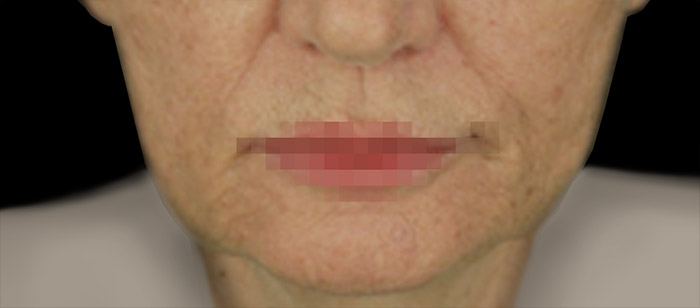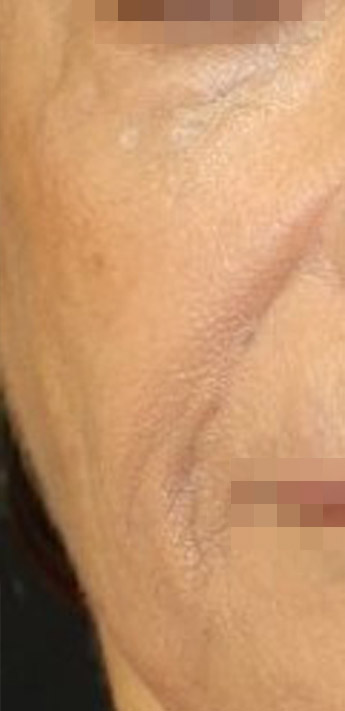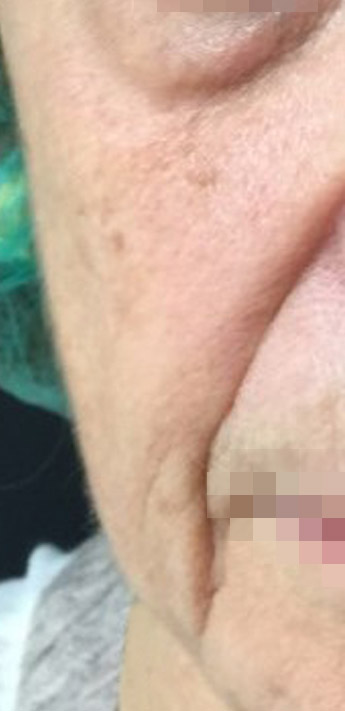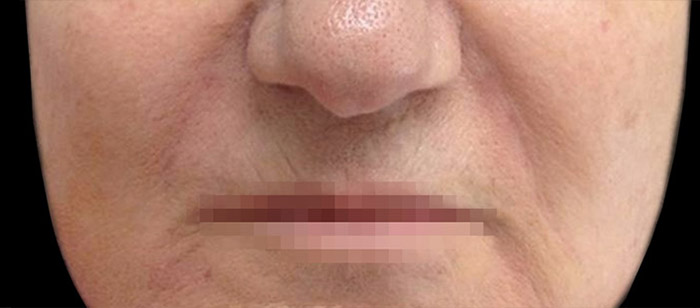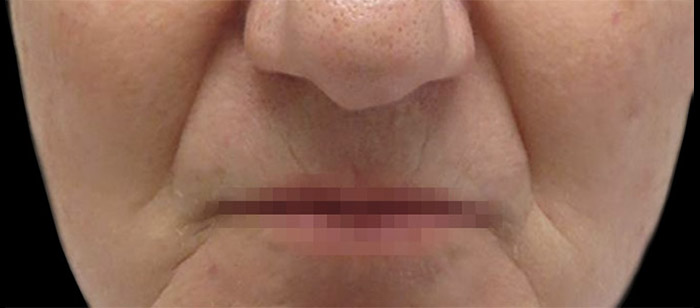Hyaluronic acid
The plastic surgeon can “camouflage” the signs of aging of the face with the help of hyaluronic acid injections. With this method the surgeon can turn back time for more than a decade.
Hyaluronic acid – What is it?
Hyaluronic acid is a glycosaminoprotein which is produced by our body through natural processes. Over time, the cells that produce hyaluronic acid degenerate. This is the main factor which harms the ability of the cells to absorb water and increase facial volume and this leads to dehydrated skin and deep wrinkles.
Hyaluronic acid – Uses
Chemical hyaluronic acid is produced in a laboratory and retains all its natural properties. It is safe and can be applied as an injectable treatment for hydration, wrinkle filling, but also for adding volume to specific parts of the face. The application is done with simple surface injections without anesthesia in the following cases:
- Rhinoplasty wrinkles
- Wrinkles between the eyes
- Small wrinkles around the mouth
- For lip volume increase
- Feet
- Hands rejuvenation
- Volume in zygomatic area and cheeks
- Small surface and deep facial wrinkles
- Scars
- Facial hydration
Hyaluronic acid – Side effects
With the proper technique natural results are ensured but poor technique and excessive use are the main factors which ruins facial expressions. The patient and the doctor must remember that the existence of some wrinkles in a harmonic face, are much more attractive than a “plastic” face without any wrinkle.
Preparation before surgery
- Photographs of the area are taken.
- Classical preoperative check-up includes blood tests, chest X-ray, and cardiac evaluation.
- 12 hours before surgery do not eat anything.
- 6 hours before surgery do not drink anything.
- On the morning of the operation do not take any medication without the anesthesiologist's approval.
- Alcohol should be stopped 1 week before surgery.
- In the case of general anesthesia, it is necessary to meet with the anesthesiologist before the surgery.
- Report previous anesthetic experiences, either positive or negative and inform him/her of any health problems or medication you are taking.
- Do not take aspirin, anti-inflammatory drugs, or herbal supplements 10 days before the surgery, as they increase the possibility of bleeding during and after surgery.
- 3 days before the surgery and every day after washing your face or body with medicated soap, depending on the planned surgery.
General Complications after surgery
Complications in plastic surgery operations are not common but it is necessary to be aware of them at the first appointment.
- Hematoma: A hematoma is the accumulation of blood in the wound.
- Inflammation: To prevent inflammation, antibiotics are administered during surgery.
- Poor wound healing: If the incision in the operated site is more prominent than expected, it can be corrected 6 months to a year after surgery with local anesthesia. In some cases, the appearance of keloids is possible where specific treatment is needed.
- Skin necrosis: It is more likely in heavy smokers.
- Pulmonary embolism and thrombosis.
This text may give rise to new questions. We are at your disposal for any other information.




